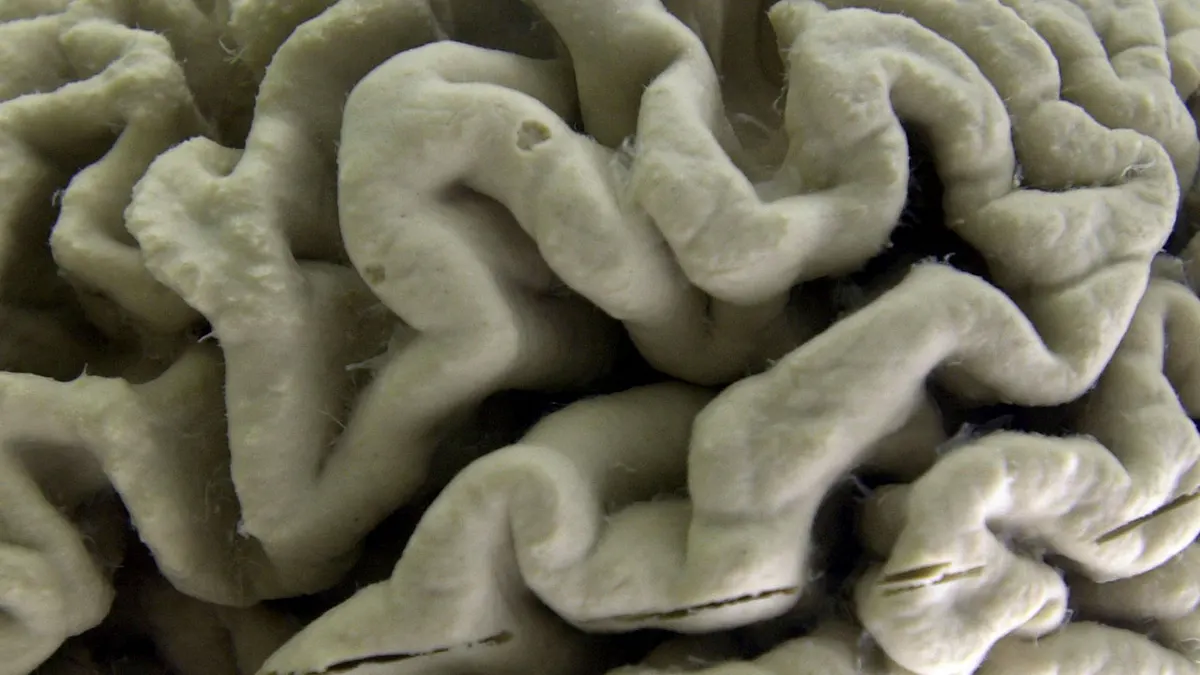Researchers have just uncovered a groundbreaking discovery in the realm of Alzheimer’s disease: a genetic form that manifests late in life, particularly in individuals who inherit two copies of a particular gene.
For years, scientists have recognized the APOE4 gene as a significant factor contributing to Alzheimer’s risk, especially as individuals age. However, a recent study suggests that for those who carry two copies of this gene, it transcends being merely a risk factor to become a primary cause of the disease itself.
The implications of this finding, led by Dr. Juan Fortea of the Sant Pau Research Institute in Barcelona, Spain, are profound. Notably, symptoms may emerge seven to ten years earlier in individuals with two copies of the APOE4 gene compared to others who develop Alzheimer’s later in life.
Approximately 15% of Alzheimer’s patients carry two copies of APOE4, underscoring the genetic underpinnings of these cases. This revelation challenges previous assumptions that genetic forms of Alzheimer’s exclusively affect younger individuals and comprise only a small fraction of all cases.
The identification of APOE4 as a causative factor underscores the urgent need for targeted treatments. However, due to the heightened risk of adverse effects in individuals with two copies of the gene, some doctors are cautious about prescribing the only drug currently available, Leqembi.
Dr. Reisa Sperling, a co-author of the study from Harvard-affiliated Brigham and Women’s Hospital, emphasizes the importance of addressing this high-risk group before symptoms emerge. Nevertheless, she advises against widespread genetic testing, as the APOE4 gene duo accounts for a minority of Alzheimer’s cases.
Alzheimer’s disease affects millions worldwide, with the APOE gene playing a significant role in its development. While most people carry the APOE3 variant, which has neutral effects on Alzheimer’s risk, others carry APOE2, offering some protection against the disease.
Fortea’s research, drawing on data from thousands of individuals, highlights the accelerated progression of Alzheimer’s in those with two APOE4 copies, resembling familial forms of the disease. However, not all carriers of this gene combination develop symptoms, prompting further investigation into underlying factors.
The findings may reshape Alzheimer’s research and treatment strategies, prompting exploration of alternative therapies and personalized interventions. However, considerations of genetic diversity and potential treatment risks underscore the complexity of addressing this multifaceted disease.















































